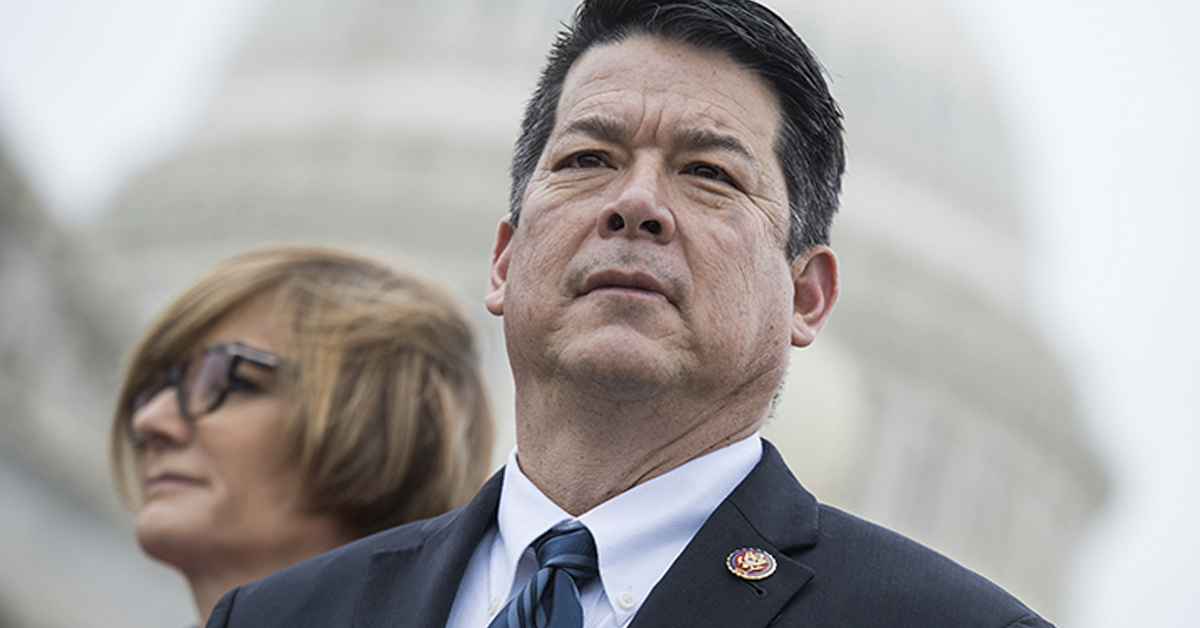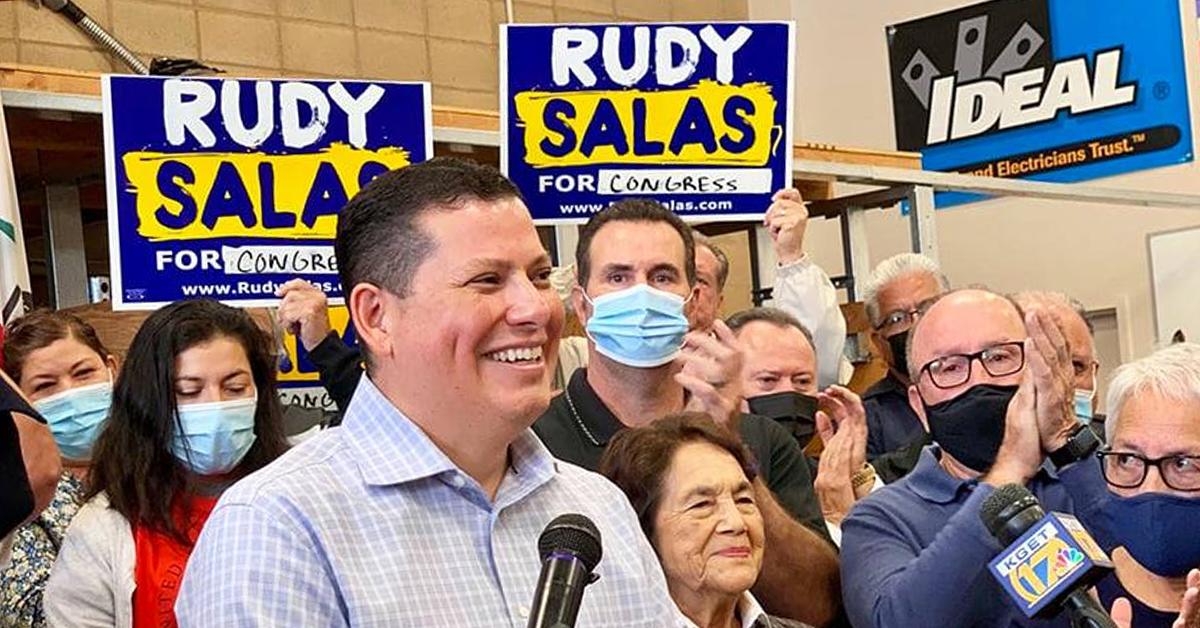A group of California business owners, restaurateurs and developers is suing the Fair Political Practices Commission over a recently enacted state law that limits the ability of elected officials to vote on projects or permits while accepting campaign contributions.
The lawsuit was filed in the Sacramento County Superior Court Wednesday morning. The group of plaintiffs include the Family Business Association of California, the California Restaurant Association, the California Retailers Association, the California Building Industry Association and the California Business Properties Association, among others.
The backstory: SB 1439 was signed into law last year by Gov. Gavin Newsom and took effect in January.
- It amends the Political Reform Act of 1974, a ballot measure that, in part, prohibits an officer of an agency from accepting more than $250 from a party that has a permit or license up for a decision in front of that agency for three months before and after a final decision is made.
- SB 1439 removes the exception for local government agencies and extendends the prohibition timeline to a year before and after a decision is made, meaning elected public officials would be unable to vote on a project, permit or license if they received over $250 from the requesting party.
- Before SB 1439 was enacted public officials were only required to recuse themselves from voting if they had a personal financial interest in the matter.
- The bill does not apply to state officials, such as the legislature.
The big picture: In the lawsuit, the plaintiffs argue that SB 1439 is unconstitutional because it amends a ballot measure by directly conflicting with the original provisions of the initiative.
- The plaintiffs argue that state law specifically excludes campaign contributions from being included as gifts or income for the purposes of being a conflict of interest, meaning that the bill directly conflicts with the Political Reform Act’s original regulation and effectively repeals state law.
- They also argue that the bill violates the First Amendment by restricting campaign contributions to local public officials, citing a ruling from the California Supreme Court that said such restrictions violate free speech.
What they’re saying: “It is also unconstitutional on its effect on local elected officials who are permitted to campaign for their elective offices and to communicate with voters, using campaign contributions solicited and received for that purpose, pursuant to state and local laws,” the lawsuit reads.










